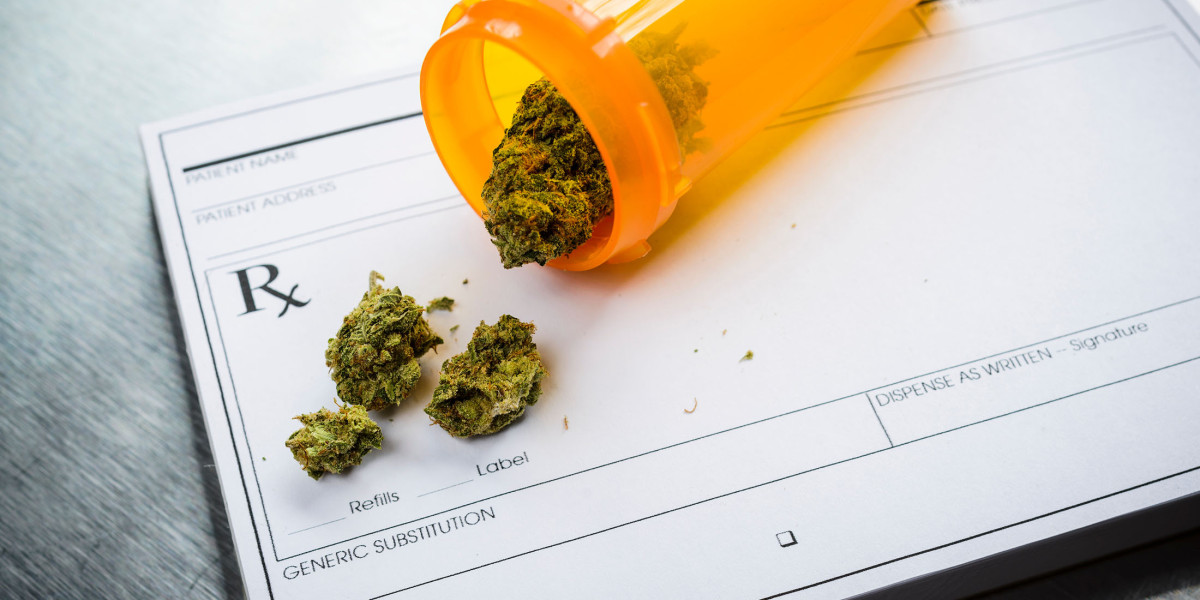Cannabis Science and Medicine Professional Certificate
For Medical Professionals, Dispensary Personnel, and Regulators
Offered through The Robert Larner, M.D. College of Medicine at The University of Vermont Department of Pharmacology, UVM is the first medical school in the nation to offer a professional certificate in cannabis and medicine for therapeutic use, providing you with a competitive advantage as a knowledgeable and trustworthy provider. UVM’s 8-week, fully online program covers cannabis history, business, law and policy, plant biology, biological effects on humans, production and safety, pharmacology, and clinical research.
-
Type
Certificate -
Format
Online -
Semester
Fall, Spring


